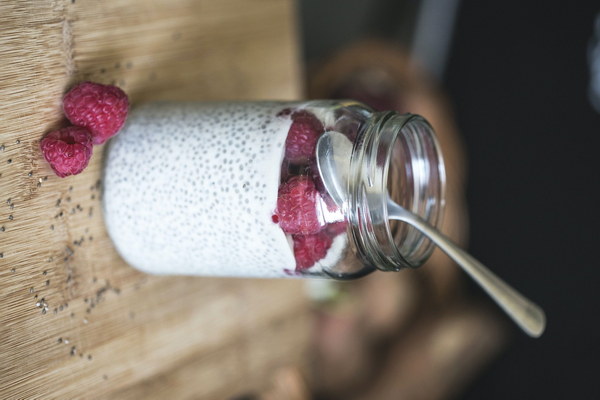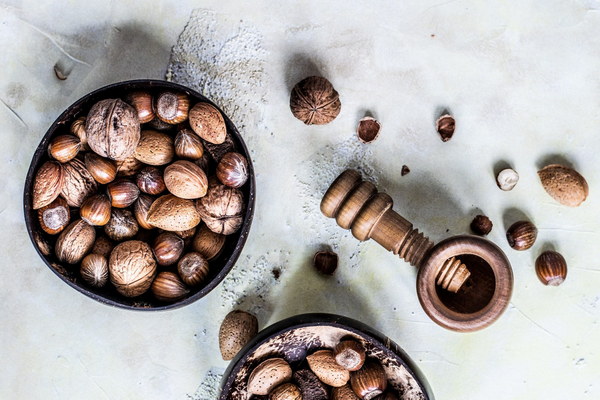Nourishing Your Way to Wellness The Power of Herbal Remedies for Dampness Relief
In the realm of traditional Chinese medicine, the concept of dampness is a common cause of various health issues. Dampness refers to an excess of moisture in the body that can lead to fatigue, weight gain, and other discomforts. To combat this, many turn to herbal remedies for dampness relief. This article explores the benefits of these natural remedies and how they can help you achieve a state of balance and well-being.
Introduction
Dampness is believed to be caused by a variety of factors, such as poor diet, lack of exercise, and exposure to cold, damp weather. It can manifest in different ways, such as bloating, water retention, and poor digestion. To counteract the effects of dampness, it is important to incorporate dampness-relieving herbs into your diet and lifestyle.
Top Herbs for Dampness Relief
1. Astragalus (Astragalus membranaceus)
Astragalus is a popular herbal remedy for dampness in traditional Chinese medicine. It is believed to boost the immune system, improve energy levels, and enhance the body's ability to expel dampness. This herb can be taken as a tea, tincture, or added to soups and stews.
2. Poria (Poria cocos)
Poria is another effective herb for dampness relief. It is often used in combination with other herbs to help drain dampness from the body and improve kidney function. Poria can be found in various forms, including powders, capsules, and teas.
3. Cinnamon (Cinnamomum cassia)
Cinnamon is not only a delicious spice but also an effective herb for dampness relief. It is believed to help warm the body, improve circulation, and expel dampness. Adding cinnamon to your meals or brewing it as a tea can be beneficial.
4. Licorice (Glycyrrhiza uralensis)
Licorice is often used in combination with other herbs to harmonize the formula. It helps to balance the body's yin and yang, which can be disrupted by dampness. Licorice can be taken as a tea, tincture, or added to soups and stews.
5. Codonopsis (Codonopsis pilosula)
Codonopsis is a well-known adaptogen that can help boost the immune system, improve energy levels, and expel dampness. This herb is often used in combination with other dampness-relieving herbs to enhance their effects.
How to Incorporate Herbs for Dampness Relief into Your Daily Routine
1. Diet: Include dampness-relieving foods in your diet, such as ginger, garlic, and turmeric. These foods can help warm the body and expel dampness. Avoid cold and damp foods, such as raw vegetables and fruits, as they can exacerbate dampness.
2. Exercise: Regular exercise is essential for maintaining a healthy body and expelling dampness. Engage in activities that increase circulation, such as walking, jogging, or yoga.
3. Herbs: Incorporate dampness-relieving herbs into your daily routine. You can find these herbs in various forms, such as teas, tinctures, or capsules. Always consult with a healthcare professional before starting any new supplement regimen.
4. Lifestyle: Make sure to get enough rest, manage stress, and maintain a balanced lifestyle to support your body's natural ability to expel dampness.

Conclusion
Herbal remedies for dampness relief can be a valuable addition to your health and wellness routine. By incorporating these natural remedies into your diet, lifestyle, and exercise regimen, you can help maintain a state of balance and well-being. Always consult with a healthcare professional before starting any new treatment or supplement regimen.









